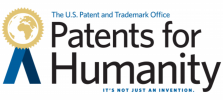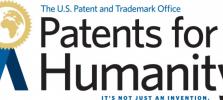A Key Advancement for Human Norovirus Research and Reverse Genetics
The HEK293T/T7 cell line is a novel development in virology research, particularly for studying human noroviruses. This cell line expresses the T7 RNA polymerase, a key enzyme used in reverse genetics systems. Unlike existing technologies, the HEK293T/T7 cell line offers the unique advantage of being able to produce functional T7 RNA polymerase, which is essential for driving transcription from T7 promoters.









